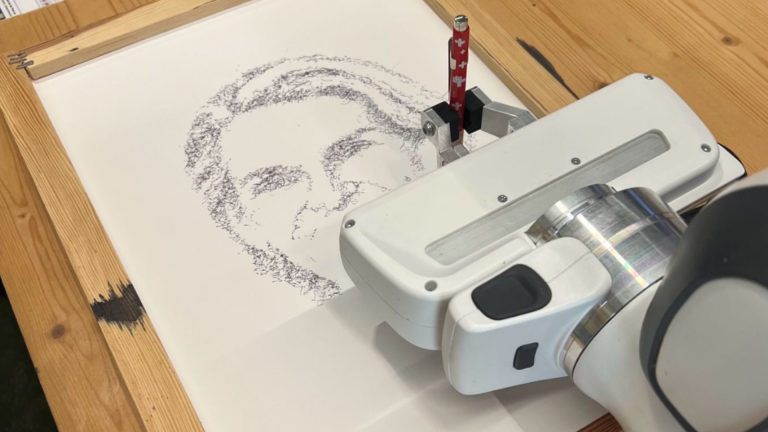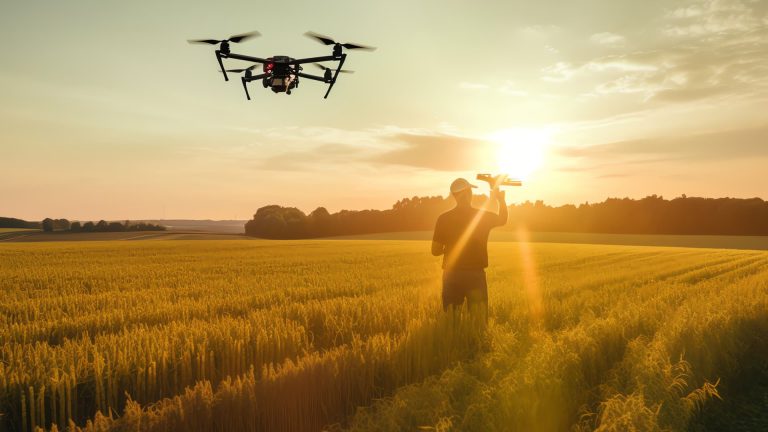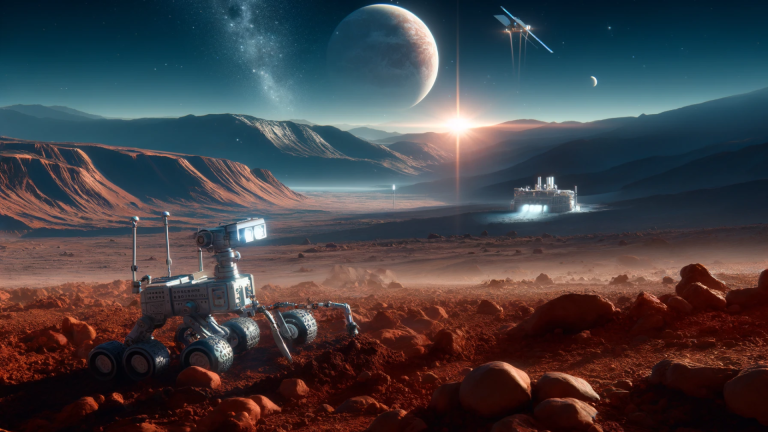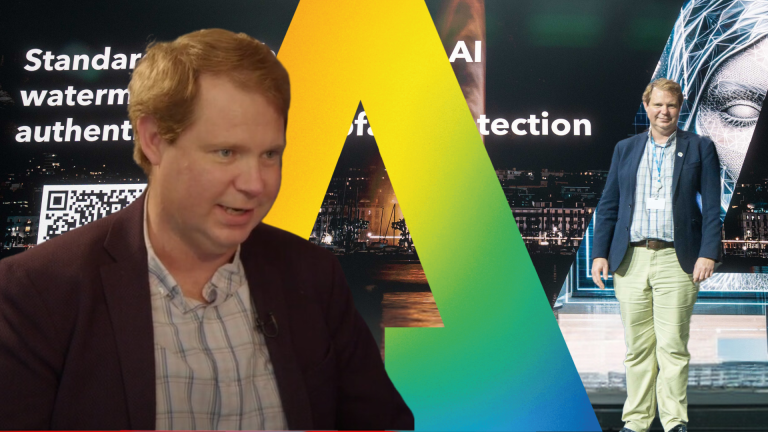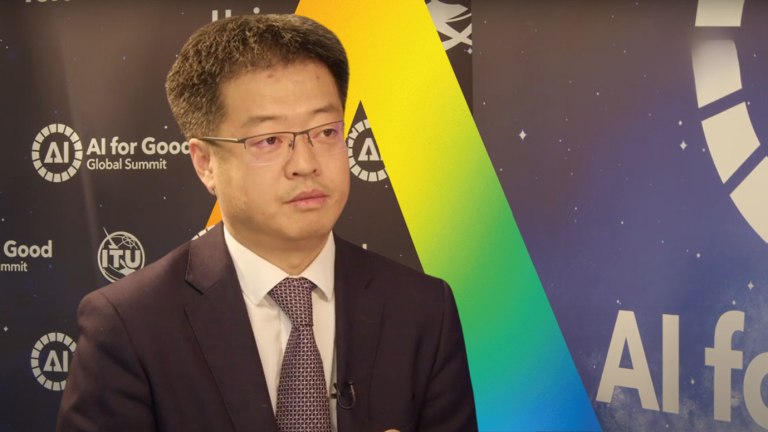“Discover Finapp: Harnessing Machine Learning and Particle Physics for Revolutionary Water Sustainability Solutions”
In an era where technological innovations are pivotal to achieving global sustainability goals, harnessing the power of AI and machine learning to combat climate change is essential.
The AI for Good Innovation Factory, a notable competition managed by the International Telecommunication Union, invites startups to leverage AI for crafting ingenious solutions to overcome challenges in sustainable development. On October 9, 2023, during the AI for Good Innovation Factory live pitching event themed “AI/ML solutions for climate change,” seven forward-thinking startups showcased their AI, machine learning, and advanced algorithm-based solutions targeting climate change effects on food security and sustainable water resources to a panel of esteemed judges.
After engaging discussions and impactful presentations, Finapp emerged victorious with its groundbreaking solution utilizing Cosmic Rays for water measurement, enabling farmers to minimize water wastage. The judges awarded Finapp with first prize.
As the triumphant team, Finapp received a comprehensive prize package that included a pitching opportunity and an invitation to the prestigious AI for Good Innovation Factory Grand Finale at the AI for Good Global Summit 2024. Their rewards extended to a VIP Pass, an exhibition booth, exclusive mentorship from the judges, and valuable networking opportunities within the UN community. Additionally, they secured a chance to present their solution at the 2023 United Nations Climate Change Conference (COP28) in Dubai, UAE, and an exhibition booth at the World AI Cannes Festival 2024.
We had the privilege to speak with Angelo Amicarelli, CMO at Finapp. In an exclusive interview, Angelo provided enlightening insights into their innovative vision and motivation to contribute to the UN 2030 Agenda for Sustainable Development. Here are the five key takeaways.
Can you tell us about your winning solution?
Finapp’s journey began at the University of Padua, which inspires its name, ignited by the potential of particle physics in tackling environmental issues. In Italian, Finapp stands for Applied Nuclear Physics, embodying a revolutionary yet straightforward concept: utilizing particle physics for environmental sustainability.
“I understand this might sound unusual, but we harness cosmic rays, particularly cosmic neutrons, to quantify water content in soil and snow,” explained Angelo Amicarelli.
This cutting-edge technology provides a new perspective on water measurement with a footprint covering just a few hectares, enabling in-depth, real-time data gathering using a singular instrument.
Watch the full live pitching session here!
Where are you from and what regions do you work in?
Hailing from the Veneto region, Finapp proudly operates near the historic city of Padua, Italy. This location reflects their solid ties to the scientific community, notably the university that has inspired many of their team members and founding figures. With roots deeply embedded in scientific exploration, the startup takes pride in its youthful and dynamic workforce, which embodies the innovative spirit underpinning their mission.
How can your solution help solve the United Nations Sustainable Development Goals?
Finapp’s vision is ambitious: “preserve life by saving water.” The core of their approach is centered around understanding water content to support varied applications.
“Finapp aligns with the UN 2030 Agenda for Sustainable Development by delivering tangible solutions addressing four Sustainable Development Goals: Zero Hunger, Sustainable Cities and Communities, Responsible Consumption and Production, and Climate Action,” Angelo highlighted.
The startup aids farmers in more efficient irrigation, thereby minimizing water waste. This dual benefit not only fosters reduced energy consumption for irrigation systems, leading to lower CO2 emissions, but also enhances the yield and quality of crops by alleviating stress caused by either excess or insufficient water.
However, their efforts go beyond agriculture. By repositioning their probes, Finapp can generate soil moisture maps even in urban settings. Identifying moisture-laden areas near water supply pipes helps highlight potential water leaks, significantly expediting repairs and mitigating waste. Ultimately, Finapp also enhances community resilience against adverse events such as wildfires and rain-induced landslides—phenomena intensified by global warming—through site-specific early warnings.
What is your biggest challenge as an AI startup?
Finapp has developed a state-of-the-art probe that quantifies water levels in soil or snow, enabling the collection of extensive, real-time data. This is achieved via the measurement of environmental neutrons produced by cosmic rays through a method called cosmic-ray neutron sensing.
However, translating raw particle counts (neutrons, muons, and gamma) into usable data for soil moisture and snow water equivalent is complex and requires meticulous fine-tuning of multiple parameters. Additionally, effective irrigation management hinges on accurate soil moisture forecasts derived from intricate hydro-geophysical models that need specific calibration. To tackle this, Finapp has engineered a data pipeline that employs modern Deep Learning Neural Network architectures (like Long-Short Term Memory) for localized analysis and soil moisture forecasting, trained against historical data from various environments.
Moreover, integrating a machine learning model into their existing data pipeline presents multifaceted hurdles, including rigorous testing, monitoring, and updating mechanisms to maintain model performance, especially as new data and edge cases arise. Constructing a solid Machine Learning Operations pipeline (i.e., MLOps) necessitates seamless collaboration among data scientists, developers, and operational teams.
Finapp’s innovative probe for water content measurement in soil and snow, alongside the incorporation of Deep Learning models for precise forecasting, signifies a substantial advancement in water management methodologies.
Why did you join the Innovation Factory Pitching Competition?
In dynamic companies like Finapp, the passion for technology can sometimes overshadow customer needs. Nonetheless, they strive to prioritize their clients while fulfilling their mission of nurturing the planet’s future. While this is no simple feat, discussions like the Innovation Factory sessions help them gauge whether they are on the right trajectory.
“We relish challenges: participating on such an international stage, competing among the world’s most promising startups, fills us with pride while simultaneously motivating us to continuously improve,” remarked Angelo Amicarelli.
In summary, the session at the AI for Good Innovation Factory underscored the vital role advanced technologies, AI, and machine learning play in addressing environmental sustainability issues. As we anticipate the upcoming AI for Good Global Summit 2024, the collective desire for meaningful dialogue emphasizes the significance of collaborative efforts in steering innovation towards a more sustainable food and water-secure future.

